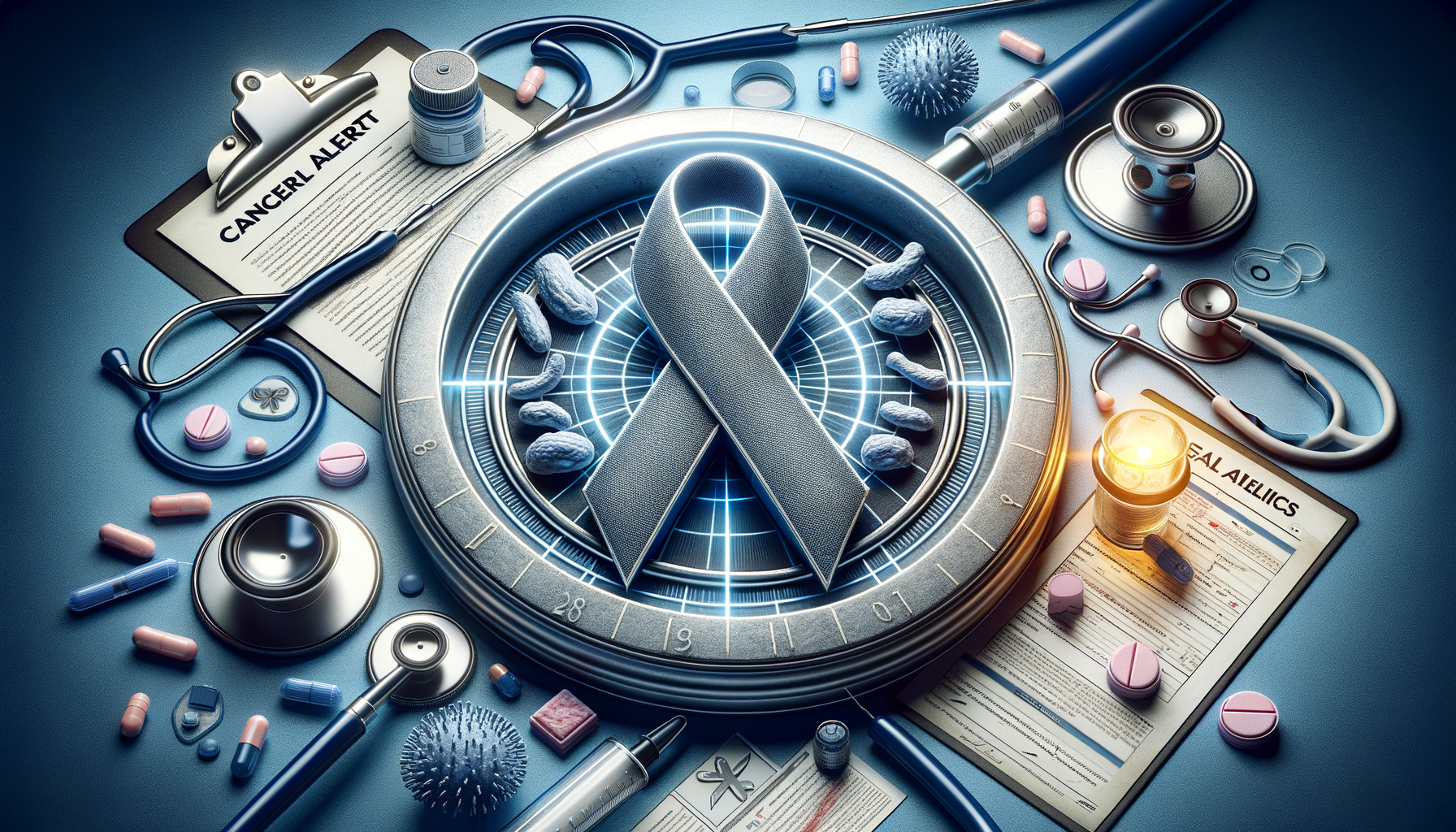Introduction to Vulvar Cancer
Vulvar cancer, though relatively rare, is a serious condition that affects the external female genital organs. Early detection is crucial for successful treatment, making awareness of its initial symptoms vital. This article explores the early signs of vulvar cancer, how to recognize them, and when to consult a healthcare professional. Understanding these aspects can empower individuals to seek timely medical advice, potentially improving outcomes.
Recognizing the Early Symptoms of Vulvar Cancer
Early symptoms of vulvar cancer can often be subtle, making them easy to overlook. However, being attentive to changes in the vulvar area can lead to early detection. Common initial signs include persistent itching, burning, or soreness. These symptoms might be mistaken for less serious conditions, but if they persist, they warrant further investigation.
Another early symptom is the appearance of lumps or growths on the vulva. These can be small and painless or larger and more noticeable. It’s important to monitor any such changes and consult a healthcare provider if they do not resolve. Additionally, changes in skin color or texture, such as thickening or a rash, can also indicate early vulvar cancer.
Bleeding or unusual discharge not related to the menstrual cycle is another warning sign. While these symptoms can be associated with other conditions, persistent or unexplained occurrences should be evaluated by a healthcare professional. Early detection through awareness of these symptoms can significantly impact treatment success.
How to Recognize Vulvar Cancer in Its Early Stages
Recognizing vulvar cancer in its early stages involves a combination of self-awareness and medical evaluation. Regular self-examinations can help individuals become familiar with what is normal for their bodies, making it easier to identify abnormalities. When conducting a self-exam, look for changes in color, texture, or the presence of lumps or sores.
In addition to self-examination, regular gynecological check-ups are crucial. Healthcare professionals can perform thorough examinations and may use additional diagnostic tools such as biopsies to investigate suspicious areas. It’s essential to communicate any concerns or symptoms experienced to your healthcare provider, as they can provide guidance and conduct necessary tests.
Awareness and proactive healthcare can aid in early detection. By recognizing symptoms early and seeking medical advice, individuals can increase their chances of successful treatment and recovery.
When to See a Doctor for Vulvar Changes
Deciding when to consult a doctor about vulvar changes can be challenging, but certain symptoms should prompt immediate medical attention. Persistent itching, burning, or soreness that does not improve with over-the-counter treatments should be evaluated by a healthcare provider. Similarly, any lumps, growths, or changes in skin texture or color that persist for more than a few weeks should be examined.
Bleeding or unusual discharge not associated with the menstrual cycle is another sign that warrants medical evaluation. While these symptoms can be caused by various conditions, it’s important to rule out vulvar cancer as a potential cause. Early consultation with a healthcare professional can lead to timely diagnosis and treatment.
Regular gynecological exams are also an essential part of maintaining vulvar health. These appointments provide an opportunity to discuss any concerns and receive professional evaluations. Being proactive about vulvar health can contribute to early detection and more effective treatment of vulvar cancer.
Conclusion: Empowering Awareness and Action
Understanding the early symptoms of vulvar cancer and knowing when to seek medical advice are crucial steps in managing this condition. Awareness of changes in the vulvar area and regular medical check-ups can lead to early detection, significantly improving treatment outcomes. By staying informed and proactive, individuals can take control of their health and seek timely medical intervention when necessary.
Empowering oneself with knowledge about vulvar cancer not only aids in early detection but also promotes overall well-being. Encouraging open communication with healthcare providers and prioritizing regular check-ups can enhance one’s ability to manage health effectively.




Leave a Reply